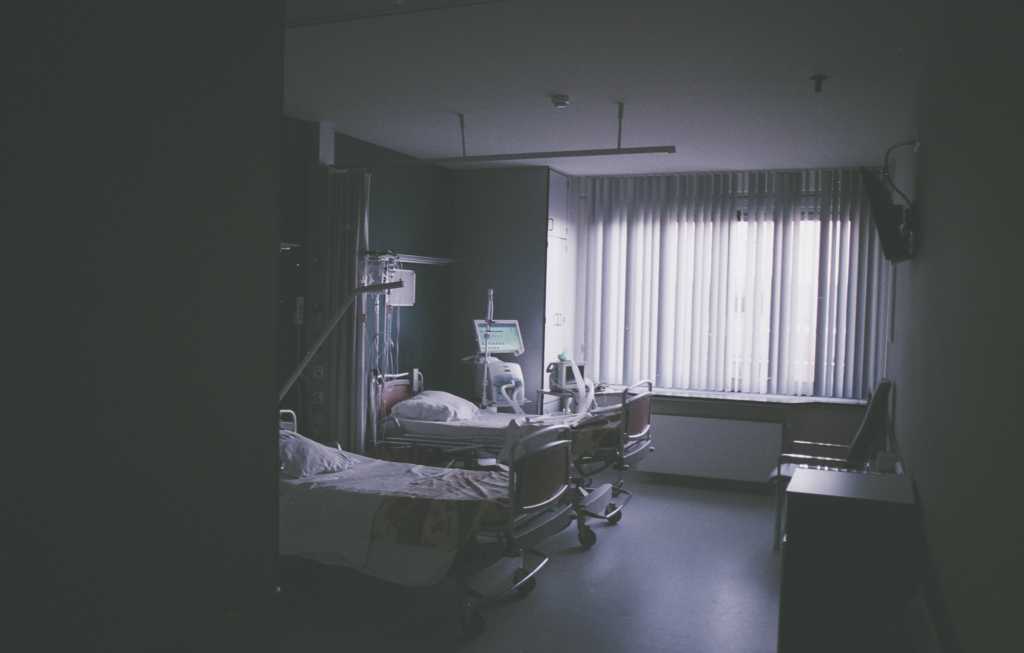New Jersey’s “right to die” law is slated to go into effect Thursday.
Gov. Phil Murphy (D) signed the bill into law April 12, according to CNN. At the time, he said, “Allowing residents with terminal illnesses to make end-of-life choices for themselves is the right thing to do.”
“We are providing terminally ill patients and their families with the humanity, dignity, and respect that they so richly deserve at the most difficult times any of us will face,” he added.
The legislation — the “Medical Aid in Dying for the Terminally Ill” law — applies only to adults who have received a terminal diagnosis, which is defined as incurable, irreversible, and a disease that will end a person’s life within six months, NJ.com reported.
Patients who wish to end their lives will have to ask their doctors twice within 15 days, as well as submit a written request, stating they are “fully informed” about all their options. A second physician would then need to corroborate their diagnoses and a mental health expert may be called in for a consult.
The law recommends language for the written request:
I understand the full import of this request, and I expect to die if and when I take the medication to be prescribed. I further understand that, although most deaths occur within three hours, my death may take longer and my physician has counseled me about this possibility.
Two people must witness the signing of the written request, ensuring the patient did so voluntarily. At least one of the witnesses cannot be someone who would receive financial gains as a result of the patient’s death.
Dr. Deborah Pasik, an advocate of the “right to die” movement, described the medication that will be used as “a self-administered oral medication in the form of a powder that’s mixed in a liquid.”
Another advocate, Susan Boyce, who has been diagnosed with an incurable autoimmune disease, told NJ.com she “firmly believe[s]” in the law, arguing it offers “incredible peace of mind to people in my situation, knowing they have this option within reach.”
“It does a lot to counteract the fear and uncertainty about what the end is going to be like, and are you going to be able to stand it,” she added.
There are many, though, in the medical community who still see physician-assisted suicide as problematic.
In May, the American Medical Association described the practice as “fundamentally incompatible with the physician’s role as healer,” adding it “would be difficult or impossible to control, and would pose serious societal risks.”
“It is understandable, though tragic,” the statement continued, “that some patients in extreme duress — such as those suffering from a terminal, painful, debilitating illness — may come to decide that death is preferable to life. However, permitting physicians to engage in assisted suicide would ultimately cause more harm than good.”
Many within the Christian community also oppose physician-assisted suicide.
Author and speaker Joni Eareckson Tada, who became a quadriplegic in 1967 after a diving accident, has been very outspoken in her opposition to the practice.
A surprising 41 percent of churchgoers said in 2018 they agree physician-assisted suicide should be accessible to a patient who “has a disease that cannot be cured and is living in severe pain.”
In a column for Decision magazine, Tada said Christians in Western culture “don’t have a biblical worldview on suffering.”
“We don’t know how to deal with it,” she added. “We want to drug it, escape it, euthanize it, do anything but live with it.”



